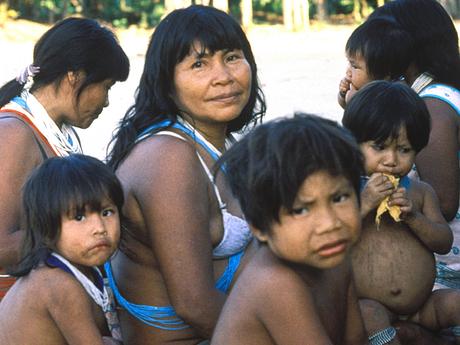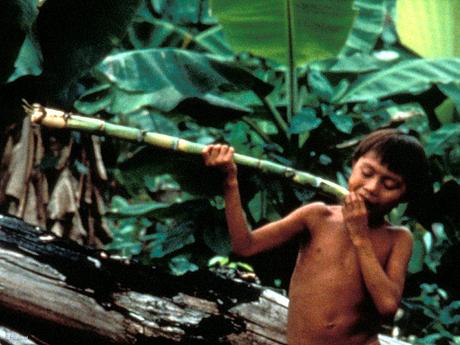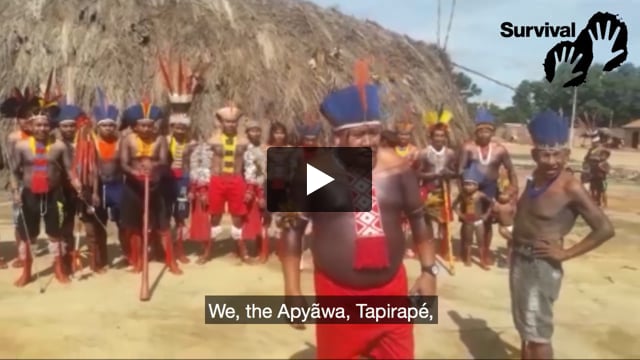Disease kills 15% of recently contacted tribe in past decade
January 5, 2011

This page was last updated in 2011 and may contain language which is now outdated.
15% of the recently contacted Korubo Indians in Brazil have died since the year 2000, as a result of inadequate health care.
The alert has been raised by the Brazilian NGO the Center for Indigenous Work (Centro de Trabalho Indigenista- CTI).
The Korubo are one of the tribes living in the Javari Valley Indigenous territory in the western Brazilian Amazon, where outbreaks of disease, particularly Hepatitis B and D, are devastating the Indigenous population.
The majority of Korubo are uncontacted. In 1996 the Brazilian authorities contacted a small group of Korubo which had split off from the main group and was living near an area invaded by outsiders. As a relatively recently contacted tribe, they are very vulnerable to outside diseases.
CTI has revealed that 8% of all the Indians of the Javari Valley have died in the last decade, as a result of health problems and suicide: an average of one death every 12 days.
Jorge Marubo of the Marubo tribe in the Javari Valley said, ‘Brazilian Indians continue to be massacred by diseases … and this must stop’.
Youths and babies are most seriously affected, and there is a desperately high infant mortality rate: almost half of the deaths in the past decade were amongst babies less than one year old.
The report says that the Indians of the Javari Valley were infected with hepatitis in the 1970s after first contact was made between the tribes and non-Indians.
It warns that despite having been aware of the alarming health situation for at least 15 years, the Brazilian government has not acted to provide adequate health services to the Indians.
The Javari Valley is the second largest Indigenous territory in Brazil. It is home to nearly 4,000 Indians, including the Kanamari, Kulina, Marubo, Matsés, Matis, Korubo and Tsohom Djapá tribes.
Several uncontacted tribes are known to live in the remote region near the Peruvian border. The uncontacted Indians are most vulnerable as they have little or no resistance to outside diseases.
Download CTI’s report (in Portuguese, 1.3 MB pdf file).




